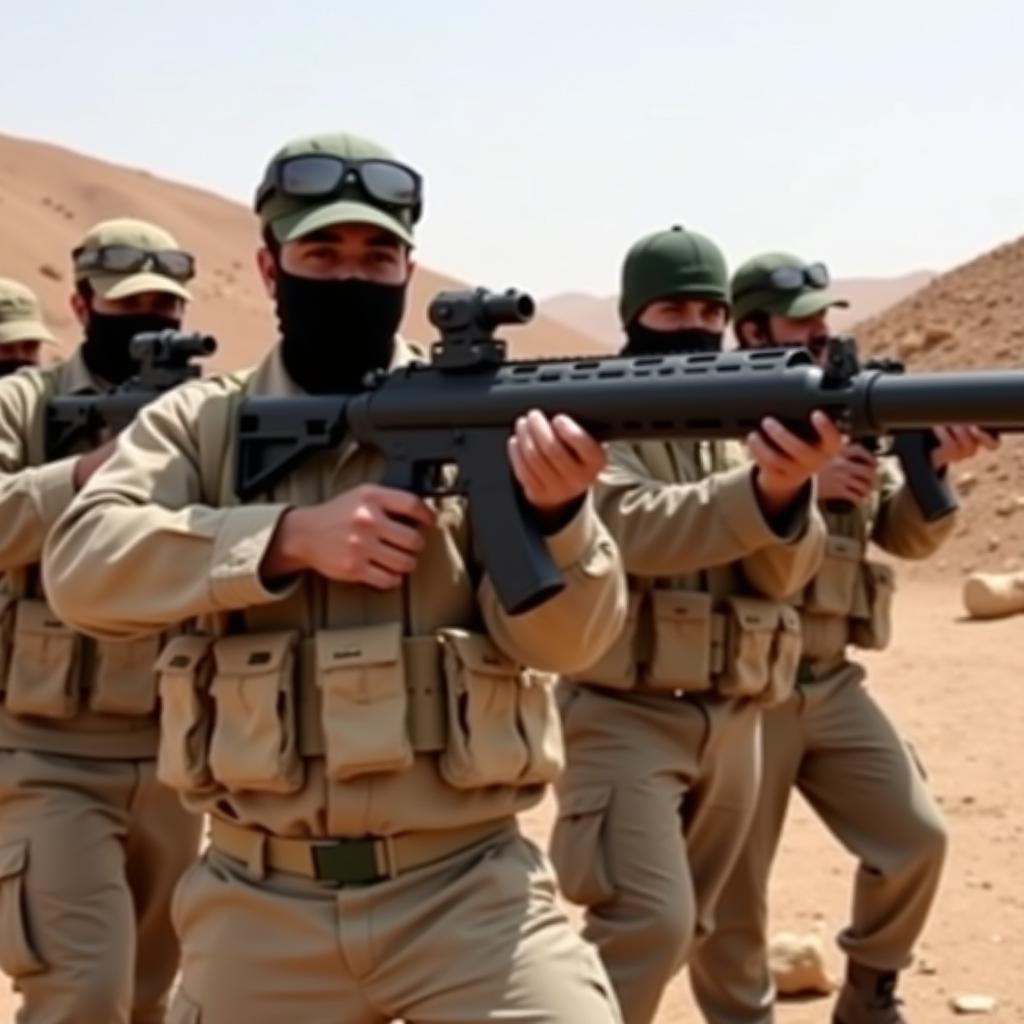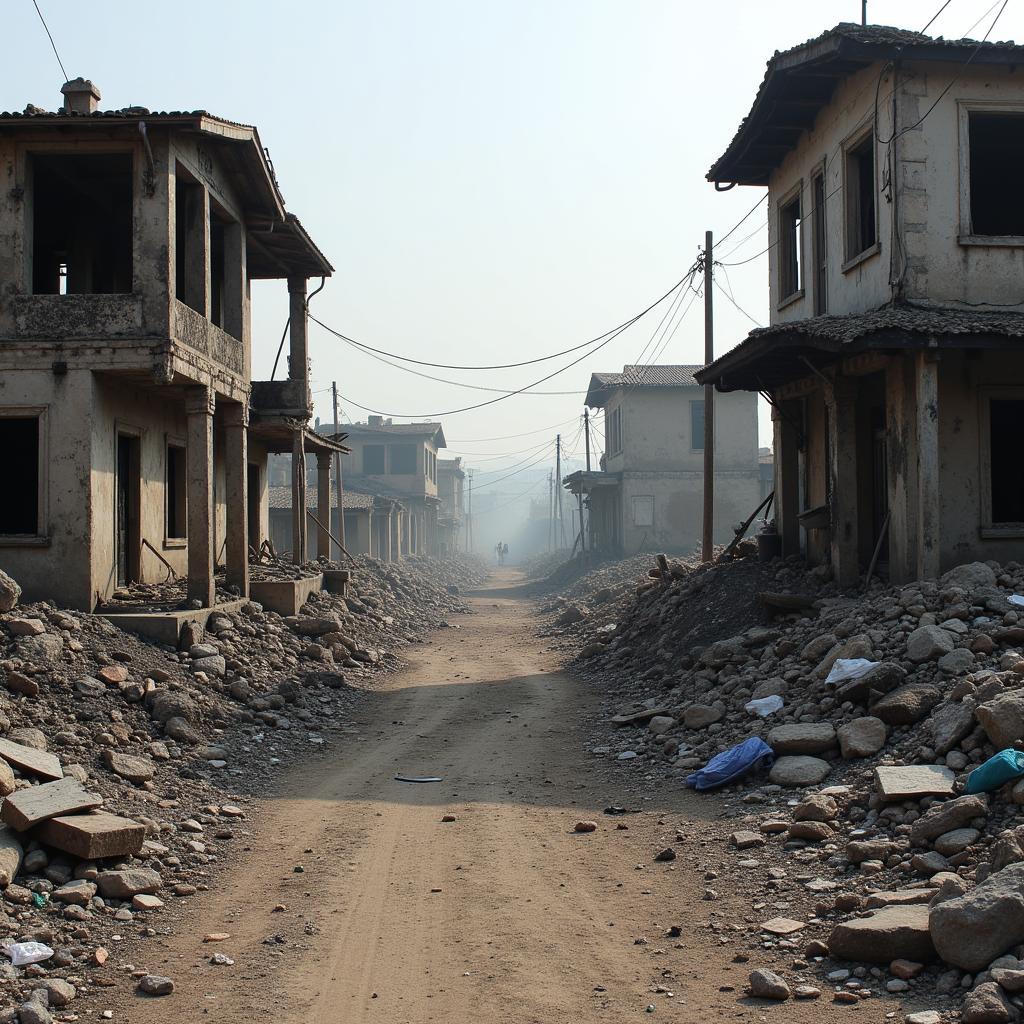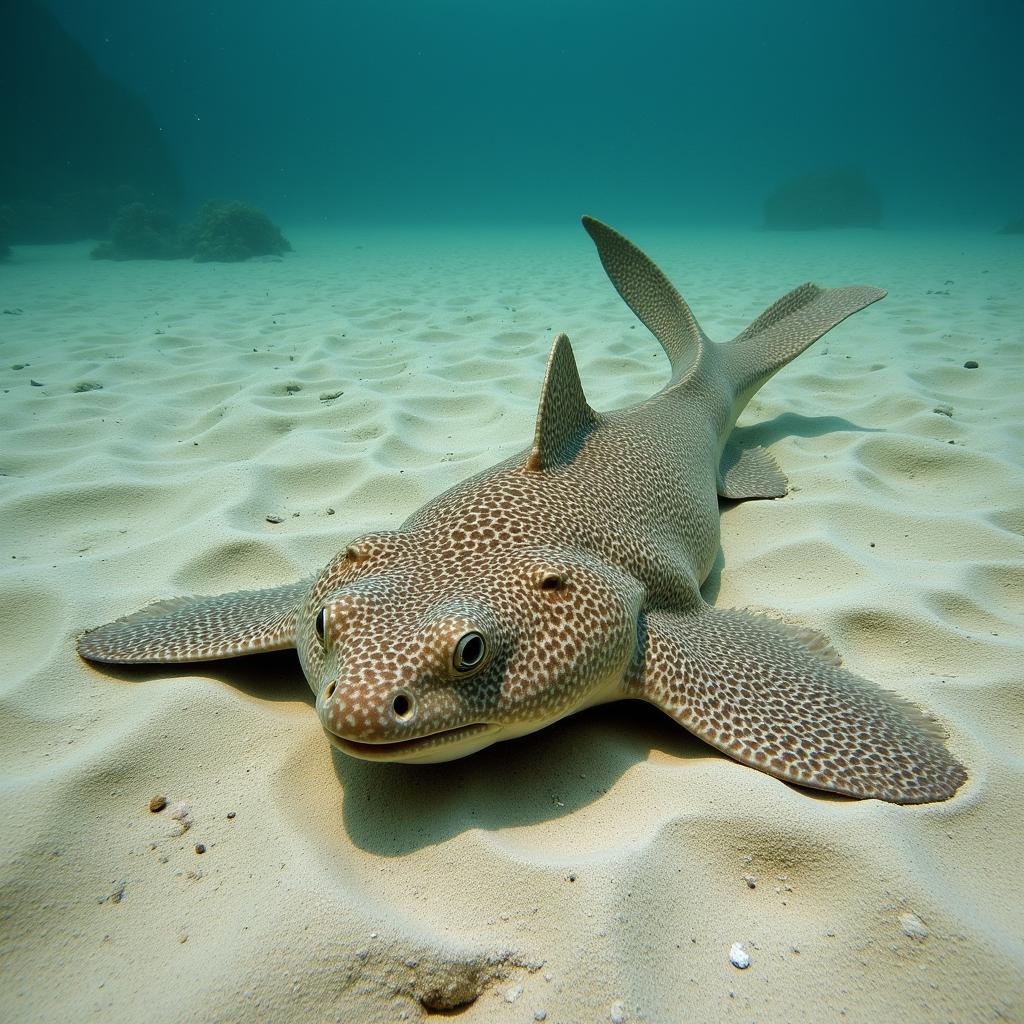Understanding African Islamic Terrorist Groups
The term “African Islamic Terrorist Group” often dominates headlines, painting a picture of widespread violence and instability across the continent. While it’s crucial to acknowledge the very real threat these groups pose, it’s equally important to approach this complex issue with nuance and depth. This article delves into the multifaceted world of such groups, exploring their origins, motivations, and impact on the African landscape.
 African Islamic militants training in a remote desert camp
African Islamic militants training in a remote desert camp
Historical Context: Seeds of Discontent
To comprehend the emergence of these groups, we must first examine the historical tapestry of Africa. Colonial legacies, often characterized by exploitation and artificial borders, sowed seeds of discord among diverse ethnic and religious communities. Decades of political instability, economic marginalization, and weak governance in many post-colonial states created fertile ground for extremist ideologies to take root.
Motivations and Ideologies: A Complex Web
It’s misleading to attribute the rise of “African Islamic terrorist groups” to a singular motivating factor. While religion plays a role, often manipulated and distorted, other factors are equally significant:
- Socio-economic grievances: Poverty, unemployment, and lack of opportunities fuel resentment and make disenfranchised youth susceptible to extremist recruitment.
- Political marginalization: Exclusion from political processes and systematic discrimination against certain groups can drive individuals towards violence.
- Ethnic tensions: Exploitation of pre-existing ethnic rivalries by extremist groups further exacerbates conflicts and fuels recruitment.
- Weak governance: Corrupt and ineffective governance creates a vacuum, allowing extremist groups to establish control and legitimacy.
 A desolate African village, bearing the scars of a terrorist attack
A desolate African village, bearing the scars of a terrorist attack
Key Players: Beyond the Stereotypes
The term “African Islamic terrorist group” encompasses a range of actors with diverse origins, ideologies, and operational tactics:
- Boko Haram: Infamous for its brutal insurgency in Nigeria, Boko Haram seeks to establish an Islamic state and opposes Western education.
- Al-Shabaab: Operating primarily in Somalia, this group aims to overthrow the Somali government and implement its interpretation of Sharia law.
- JNIM and ISGS: These groups, affiliated with Al-Qaeda and ISIS respectively, operate across the Sahel region, exploiting local conflicts and instability.
It’s crucial to recognize that these groups are not monolithic entities. Internal divisions, shifting alliances, and competition for resources shape their evolution and impact.
Countering Terrorism: A Multidimensional Approach
Addressing the multifaceted challenge of “African Islamic terrorist groups” demands a comprehensive strategy that goes beyond military solutions:
- Addressing root causes: Investing in sustainable development, promoting good governance, and addressing socio-economic inequalities are crucial to tackling the factors that drive extremism.
- Empowering local communities: Building trust and collaboration with local communities, religious leaders, and civil society organizations is vital for countering extremist narratives and fostering resilience.
- Promoting interfaith dialogue: Facilitating dialogue and understanding between different religious groups can help dismantle prejudices and counter extremist propaganda.
- Strengthening security forces: Providing training, resources, and intelligence-sharing capabilities to African security forces can enhance their ability to counter terrorism effectively.
Conclusion: A Nuanced Perspective
While the threat posed by “African Islamic terrorist groups” is real and concerning, it’s crucial to avoid simplistic narratives and generalizations. Understanding the historical context, motivations, and diverse actors involved is essential for developing effective and sustainable solutions. By addressing the root causes of extremism and fostering collaboration between local communities and governments, we can work towards a more peaceful and secure Africa.



